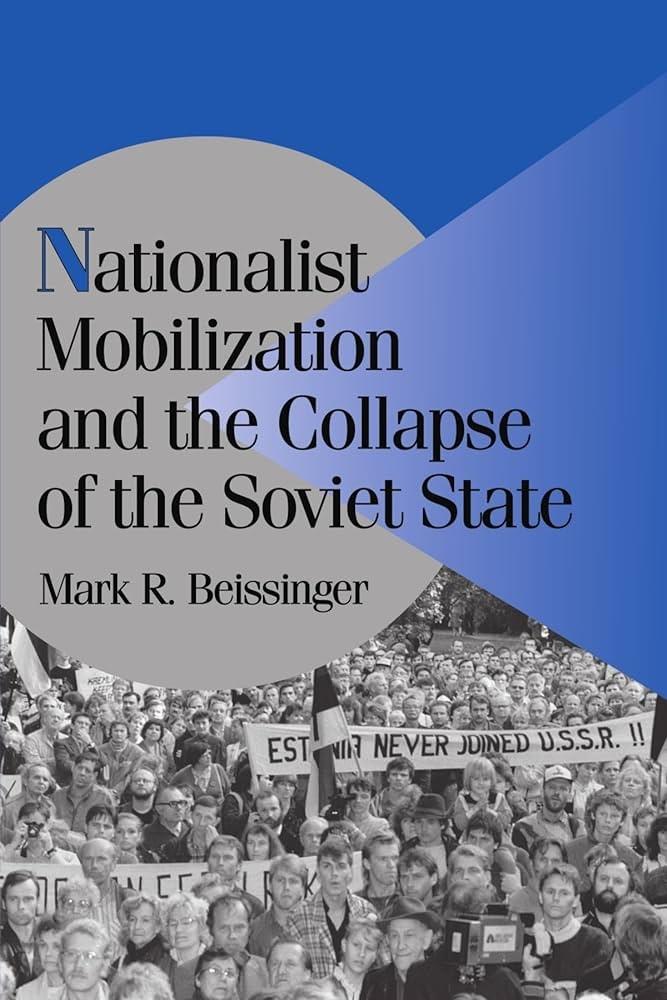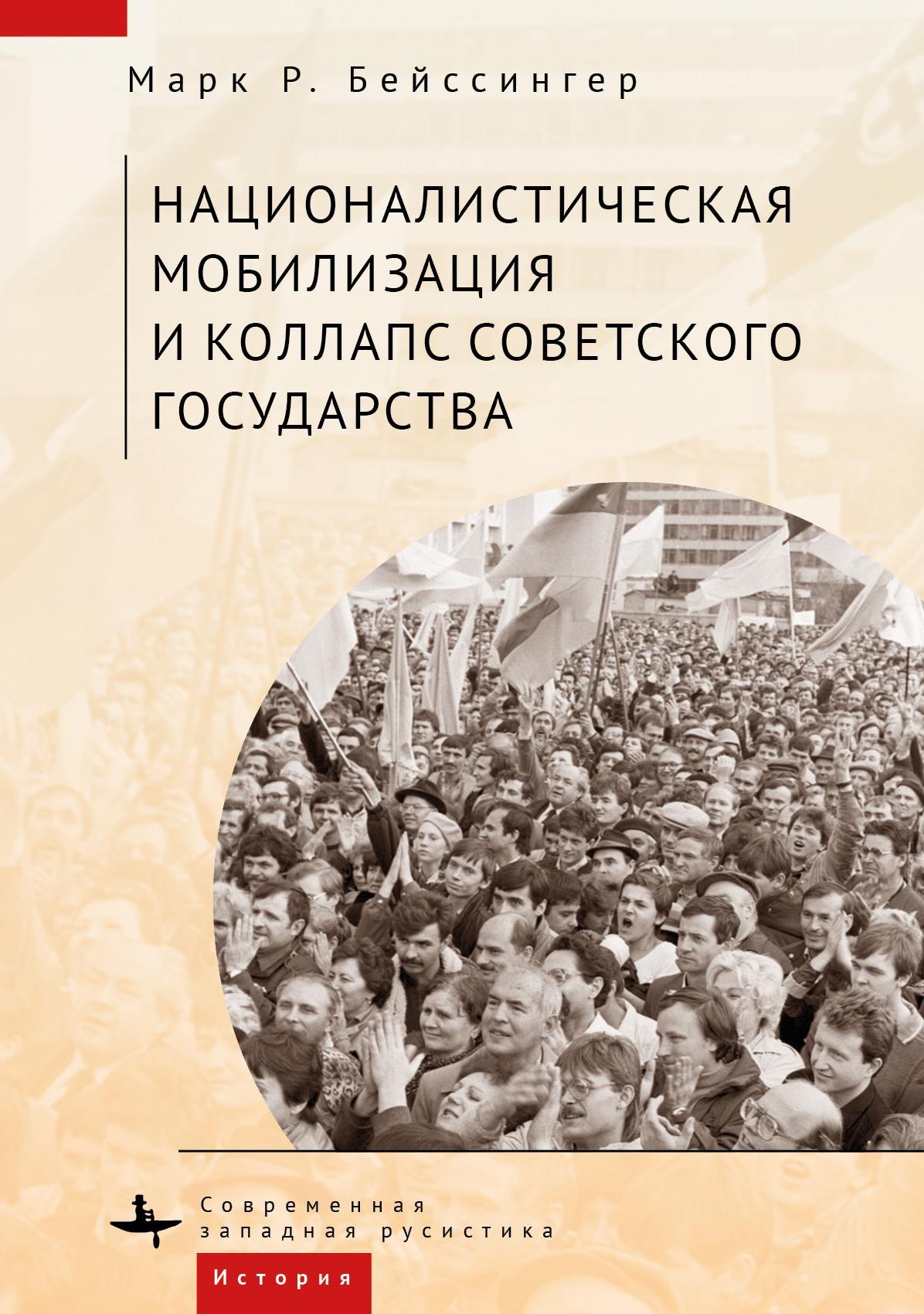Nationalist Mobilization and the Collapse of the Soviet State won the 2003 Woodrow Wilson Foundation Award, presented by the American Political Science Association for the best book published in the United States on government, politics, or international affairs; the 2003 Mattei Dogan Award, presented by the Society for Comparative Research for the best book published in the field of comparative research; and the 2003 Award for Best Book on European Politics, presented by the Organized Section on European Politics and Society of the American Political Science Association.
Praise for Nationalist Mobilization and the Collapse of the Soviet State
"a compelling explanation--and a gripping account--of one of the most important political events of our time . . . a model for books in comparative politics and political science in general." (Citation for the Woodrow Wilson Foundation Award)
"This book makes us think about causal processes in a new way . . . a masterful case study building and extending modern political sociology as an explanatory project grounded in careful and systematic assessment of the known facts." (Citation for the Mattei Dogan Award)
"a truly monumental contribution to our understanding of the final years of the Soviet Union and the place of social mobilization and collective violence in its collapse . . . an elegantly theorized account of the power of contingency." (Charles King, World Politics)
"sweeping and magisterial . . . This work is an important one, and sets a new standard for research and analysis." (Paul Kubicek, International Affairs)
"the most comprehensive study of the last years of the Soviet Union . . . Everyone who wants to understand the interactive dynamics behind the Soviet collapse should read this book." (George Liber, Europe-Asia Studies)
"the most complete explanation so far of how the collapse of the Soviet Union went from 'the impossible to the inevitable' in a short span of a few years." (Roger Petersen, The Russian Review)
"Nationalist Mobilization and the Collapse of the Soviet State is a big, original book brimming with conceptual innovation. " (Martha Merritt, Perspectives on Politics)
"a modern day 'classic' . . . Comfortable, assertive, and stylish in shifting between theoretical inquiry and grounded empirical analysis." (Paul Statham, American Journal of Sociology)
SYNOPSIS OF THE BOOK:
Nationalist Mobilization and the Collapse of the Soviet State (Cambridge, UK: Cambridge University Press, 2002).
This study examines the process by which the seemingly impossible in 1987--the disintegration of the Soviet Union--became the seemingly inevitable by 1991, providing an original interpretation not only of the Soviet collapse, but also of the phenomenon of nationalism more generally. Probing the role of nationalist action as both cause and effect, Beissinger utilizes extensive event data and detailed case studies from across the USSR during its final years to elicit the shifting relationship between pre-existing structural conditions, institutional constraints, and event-generated influences in the massive nationalist explosions that brought about the collapse of the Soviet Union. As Beissinger demonstrates, the "tidal" context of nationalism--that is, the transnational influence of one nationalism upon another--is critical to an explanation of the success and failure of particular nationalisms, the ability of governments to repress nationalist challenges, why some nationalisms turn violent, and how a mounting crescendo of events can potentially overwhelm states, periodically evoking large-scale structural change in the character of the state system.
For the event dataset on which the book is in part based, go to the "Datasets" section of this website.
Click here to purchase Nationalist Mobilization and the Collapse of the Soviet State.
Citation for Woodrow Wilson Foundation Award
Citation for the Mattei Dogan Award
Book review by Charles King, in World Politics (April 2004).
Book review by Paul Kubicek, in International Affairs (March 2003).
Book review by George Liber, in Europe-Asia Studies (June 2003).
Book review by Martha Merritt, in Perspectives on Politics (June 2003).
Book review by Barbara Christophe, in Nations and Nationalism (March 2003).
Book review by Roger Petersen, in The Russian Review (October 2002).
Book review by Paul Statham, in The American Journal of Sociology (September 2002).

Русская версия книги:


